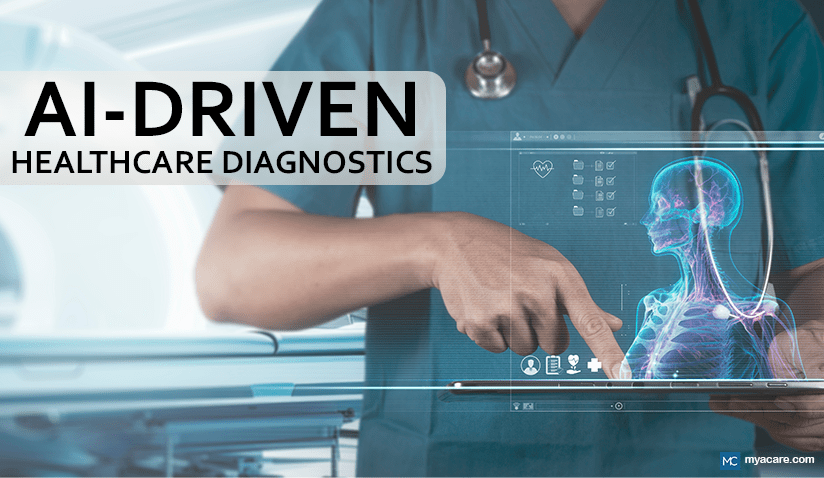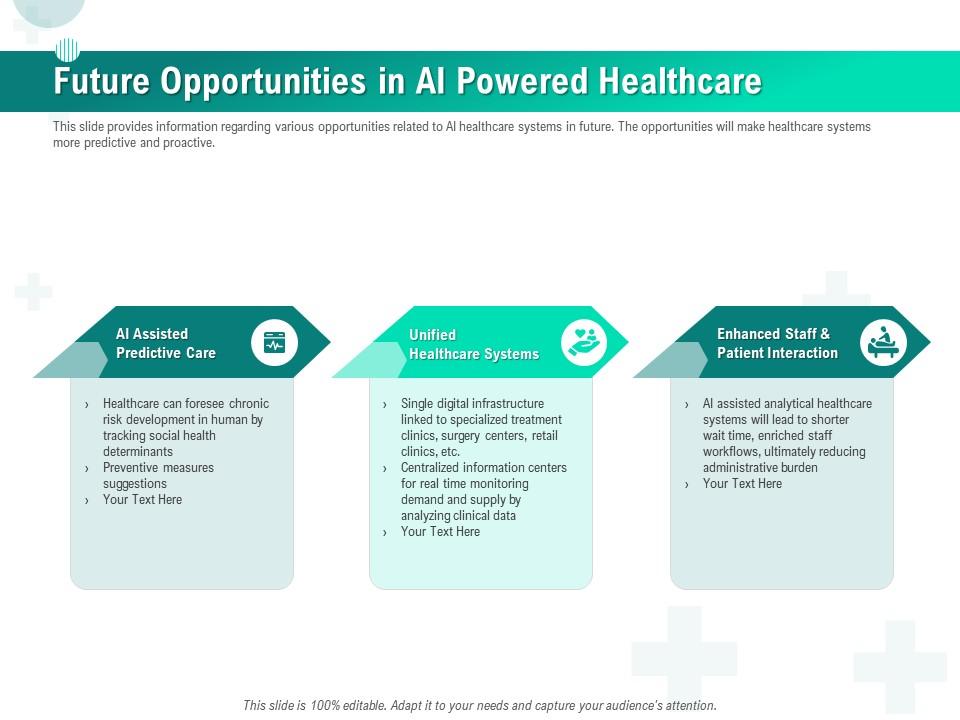ChatGPT outperformed doctors in diagnostic accuracy, study reveals ...
Governor Gavin Newsom signed multiple bills regarding artificial intelligence, including a transparency bill introduced by California State Sen. Josh Becker. Sen. Becker joins LiveNOW's Austin Westfall to break down his new bill.
LOS ANGELES - Artificial intelligence continues to reshape healthcare, but a new study highlights the challenges of integrating AI tools into medical practice. ChatGPT-4, an AI chatbot developed by OpenAI, outperformed doctors in a diagnostic accuracy study, raising questions about how effectively physicians can use such technology.

Research Study Details
The study, published in JAMA Network Open, tested 50 doctors on six challenging medical cases. Doctors who used ChatGPT assistance scored an average of 76%, only slightly higher than the 74% scored by those without it. ChatGPT alone, however, achieved a remarkable 90% accuracy in diagnosing the conditions.
"I was shocked," Dr. Adam Rodman, an internal medicine expert at Beth Israel Deaconess Medical Center and co-author of the study, told The New York Times.
Key Findings and Challenges
The researchers used real-world, unpublished case histories to prevent foreknowledge by participants or AI models. Cases included complex medical conditions such as cholesterol embolism, a rare disorder often overlooked in diagnostic processes. Doctors were graded by independent medical experts on their ability to provide potential diagnoses, rule out alternatives, and suggest next diagnostic steps. Despite having ChatGPT’s support, many doctors struggled to match the AI’s performance.

The study revealed two key issues:
- Doctors treated the chatbot like a search engine, asking it narrow questions instead of feeding it the full case.
- AI-powered tools like ChatGPT are showing significant potential in diagnostic settings, with their language models offering nuanced analysis of complex cases.
"The chat interface is the game-changer," said Dr. Chen. "Before, computers didn’t understand language the way they do now."
Experts warn that integrating AI into medical workflows won’t happen overnight. Common challenges include:
- AI could serve as a "doctor extender," providing second opinions and improving diagnostic accuracy, but only if physicians are willing to embrace it.
- Resistance from doctors due to overconfidence in their own expertise and lack of familiarity with AI’s diagnostic capabilities.
Collaboration and Future Prospects
The findings highlight the need for collaboration between AI developers and healthcare professionals to build trust and usability. AI’s role in medicine could extend beyond diagnostics to personalized treatment planning and patient management.

"AI is an extraordinary tool," Dr. Rodman said. "But there’s still a lot of work to be done in understanding how to integrate it into medical practice effectively."










